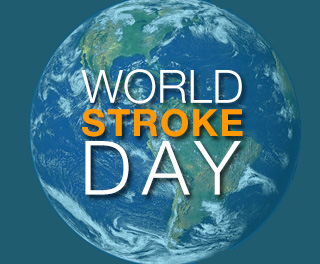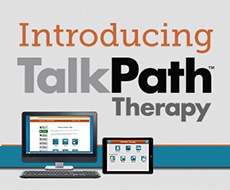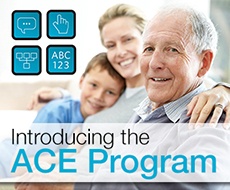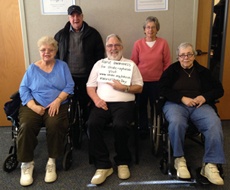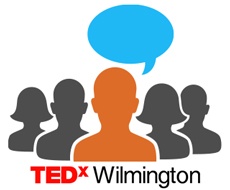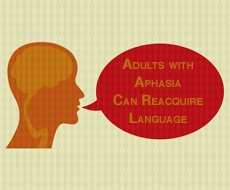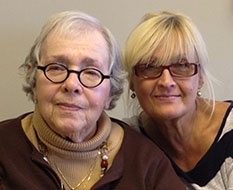October 29, 2014 is World Stroke Day. All around the globe, individuals, support groups and stroke associations are working to raise awareness about this common health condition. Because aphasia is often a result of a stroke, we hope educating the public about stroke will lead to fewer cases of aphasia. Here are 10 facts about stroke you may not know:
By Herb Silverman
Writing my blog, Unmistakably Herb, hwsilverman.wordpress.com, over the last several months, one of the post I published was so intriguing that it continues to ponder and persuade me even still. The article was called "Build The Excitement Anyone Would Be Proud Of" and, at the end of the article, I scribbled these words:
Aphasia is an acquired neurogenic language disorder resulting from a stroke or brain injury; it impacts a person's ability to process, use, and understand language. Any aphasia can cause frustration and stress, certainly for individuals living with it, but also for his or her caregiver. An aphasia diagnosis is unplanned, unexpected, and frustrating, but it’s not hopeless.
June is a busy month for Lingraphica. In addition to spreading the word about aphasia during Aphasia Awareness Month, we launched our brand new TalkPath Therapy app for the iPad®.
Did you know that more than two million people have aphasia in the United States? Even though a large number have the disorder, many people don’t even know about it. This June we’re hoping to change that with our Faces of Aphasia campaign -- which kicks off today.
No April Fools' joking here! Beginning today, with every complete order of a Lingraphica speech-generating device your clients will become part of the ACE Program. The program consists of three things: a free copy of the ACE Program Guidebook, educational webinars, and informative emails.
Today is World Stroke Day! On this day, organizations and individuals from around the world are partnering together to raise awareness of stroke. Because an estimated 25 to 40 percent of stroke survivors have aphasia, it's important to educate the public about both stroke and post-stroke conditions like aphasia.
Twice a month individuals with aphasia and their caregivers gather at our office for the Lingraphica Aphasia User’s Group. Many times we see our friends eager to converse, but frustrated because it's difficult to do so. This experience is unforgettable, motivating, and inspiring. In fact, the interaction with our user’s group helped spark our interest in participating in the regional TEDx talk in Wilmington, Del. Little did we know that our CEO Andrew Gomory’s TEDx talk on aphasia would help hone an even bigger idea for the aphasia community.
The brain is far more adaptable than science once believed. At Lingraphica, this has been the driving force behind decades of clinical research to improve language re-acquisition for adults with aphasia.
As part of Caregiver Awareness Month, Lingraphica will feature a caregiver’s story each week throughout November. Help us celebrate these stories and people by providing feedback to these posts.


